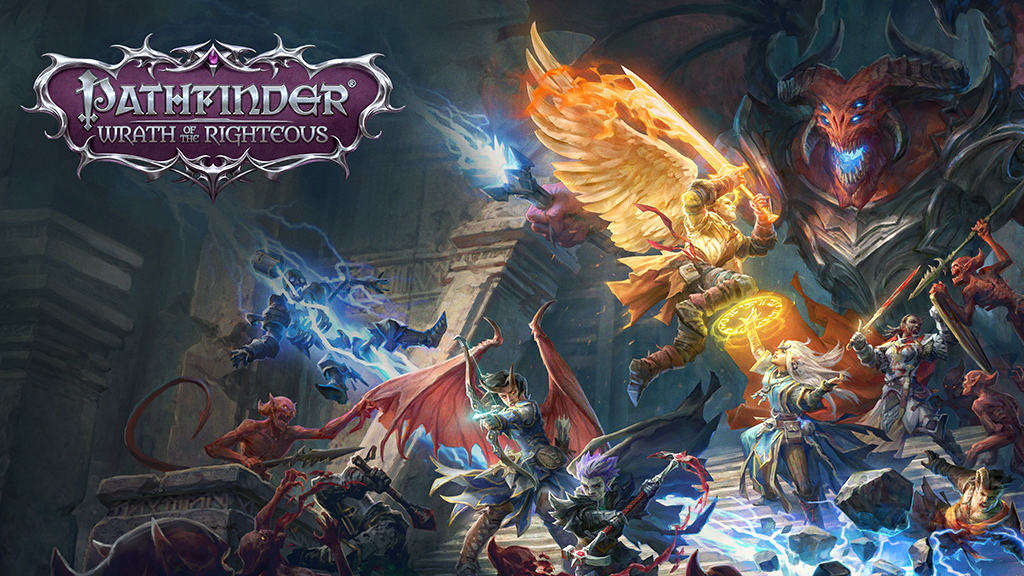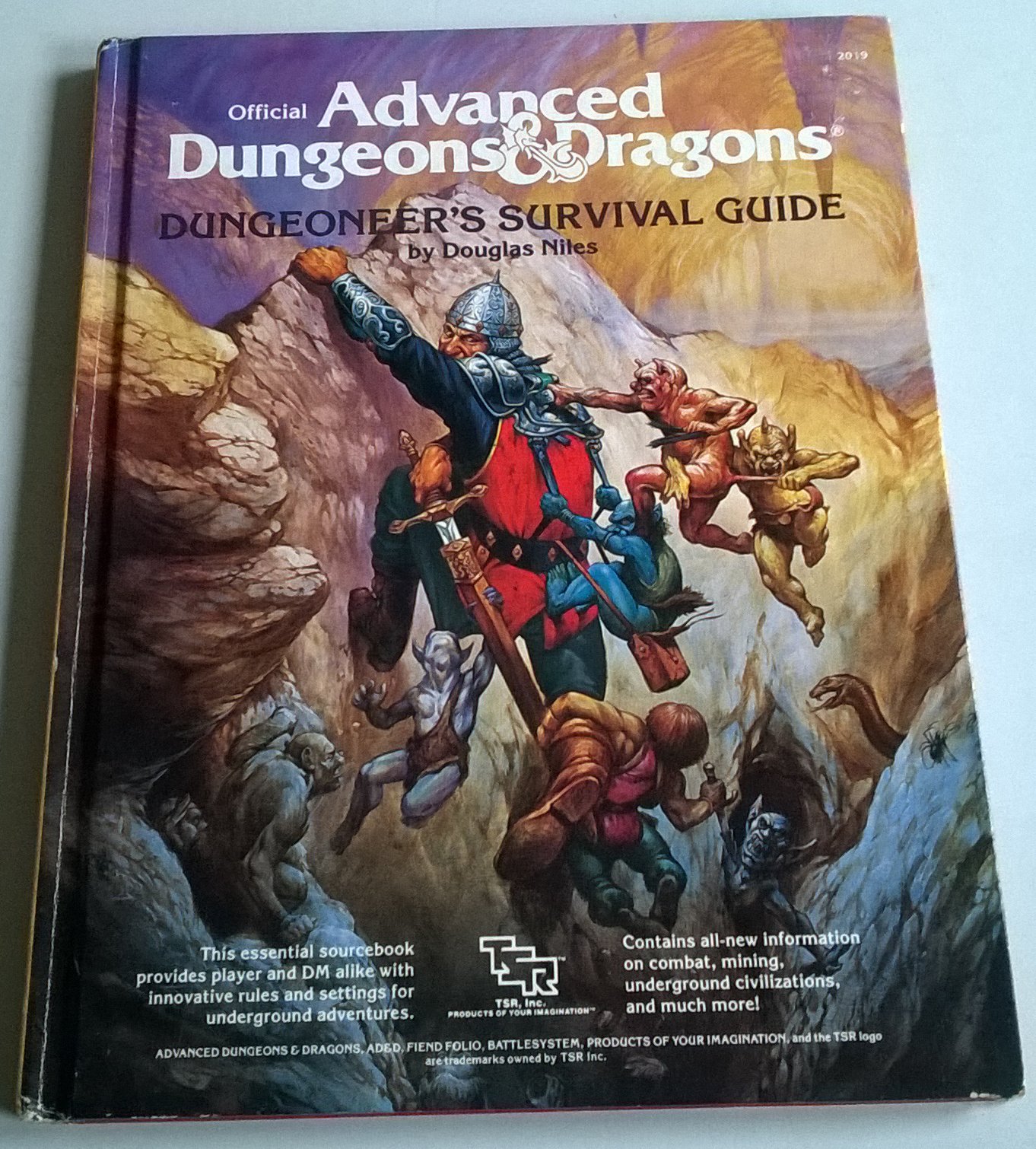Eric Berne était convaincu que les gens jouent constamment à des jeux - indépendamment de leur sexe, âge, statut social et caractère. L'homme est un être social - et notre société est construite sur des interactions de jeu.
Il n'est donc pas surprenant que le genre RPG ait acquis une telle popularité - une personne peut jouer presque tous les rôles sociaux qui lui sont largement inaccessibles dans la vie ordinaire. Les mécanismes de jeu sont maintenant utilisés dans de nombreux domaines de la vie - de l'éducation et de la formation à la psychothérapie, des réseaux sociaux aux activités de marketing des chaînes de vente au détail. Même dans notre centre de formation, Slurm est utilisé dans certaines intensives - où il est utile pour apprendre et consolider le matériel - des outils de jeu et de compétition. Par exemple, comme nous l'avons fait à Slurm SRE en février de cette année.
Oui, et parfois nous aimons jouer pendant notre temps libre.
- , « » , . «Pathfinder: Wrath of the Righteous» Owlcat Games.

,
, .
, Mortal Kombat, Civilization, Alias – , . . , - Mortal Kombat. , , Civilization. , Alias.
, , — , , .
.
– D&D d20 . , , … 1975 .

Boot Hill, . , , , , - . Boot Hill NPC, . NPC - , . NPC Gambler (), – .
? Gambler , . , , , , . Gambler .
While most characters need no special rules, the gambler needs some special attention. They have a special ability that other characters don't have, the ability to manipulate cards (cheat). To determine this ability, roll percentile dice until a score of 50 or less is rolled. This is his ability to avoid being caught cheating. When normally playing cards, a real deck may be used, but if a gambler is involved, use percentile dice. High roll wins, with a gambler gaining a +15 on his die rolls. If a gambler wins three times in a row, his opponents check to see if they can catch him cheating by rolling percentile dice. Any score equal to or less than the gambler's cheat ability score indicates that the gambler has been caught. What the opponents do then is up to them!

, – D&D. D&D /, , -. , , . 1976 , , “How to Use Non-Prime-Requisite Character Attributes” Wesley D. Ives. , . , , , .
- Roll d100, add the ability score, and then use this result to determine which die to roll in step 2. On a result of 1-20 roll a d4; on 21-40 roll d6; on 41-60 roll d8; 61-80: d10; 81-100: d12. To cope with results higher than 100, create a house rule for this house rule.
- Roll the die determined in step 1 and multiply the number by the attribute. This result becomes the chance of success.
- Roll a d100. If the result is less than or equal to the probability from step 2, you succeed!
1978 Advanced Dungeons & Dragons Player’s Handbook Dig (). D&D , , , dexterity (), , , , .
Any creature at the edge (1’) of such a pit uses its dexterity score as a saving throw to avoid falling into the hole, with a score equal to or less than the dexterity meaning that a fall was avoided.
1989 Player’s Handbook . , «» , . , . — .
, :
- ;
- ;
- .
, , . / . , — , .
Neverwinter Nights, SW:KOTOR, Pathfinder: Kingmaker .
, . , . . , . , , , .
:
- . , ;
- . , , ;
- . , , .
:
- (, , , ) . , ;
- . , , , , . , ;
- , . , , .
. Mass Effect (1,2,3) -, Bypassing Hacking, .
, , Bypassing, Decryption / Electronics. , , . -.
:
- , . , ;
- -. -;
- , . , .
:
- . , , ;
- -. -.
, , , .
– Skyrim. , , – - . , .
:
- – ;
- ;
- -.
:
- .
, . , . - , , - , – . - , – , , .
, , :
- ?
- ? , . - ;
- ?
- /, ? ?
- – ?
- ?
, 19 , . , « » « ».
P.S. 19 DevOps Tools&Cheats — DevOps, . DevOps , .